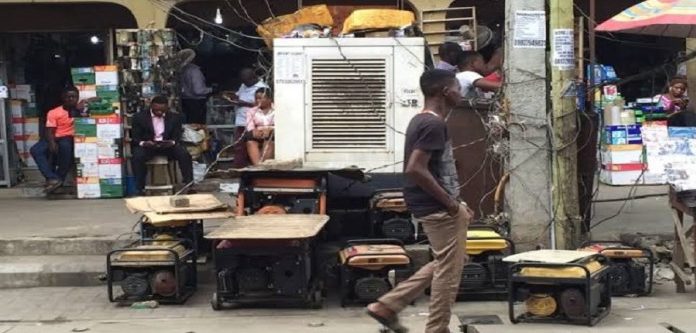Power is one of the major problems small, medium and large corporations face in Nigeria. It is a major constraint on ease of doing business in Nigeria with about $12 billion spent annually by businesses and individuals on generators. In view of this, Nairametrics has learnt of a new method that can help cut the cost of powering generators by 50%.
Since the power sector was privatised by the Goodluck Jonathan administration in 2013, electricity supply hasn’t improved much, and every business continues to provide electricity themselves mostly with petrol and diesel generators.
As businesses and households continue to seek a cost-effective alternative source of power to unburden themselves of diesel and petrol cost, Nairametrics spoke to Mantrac Group’s Renewable Energy Manager, Kenny Mathai, for a solution.


